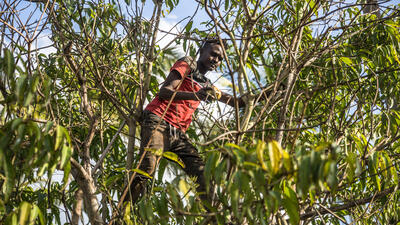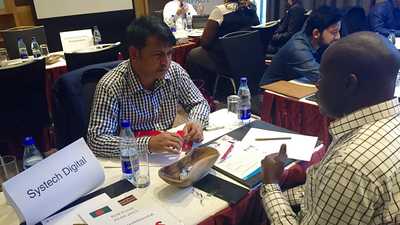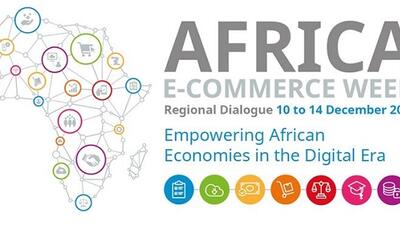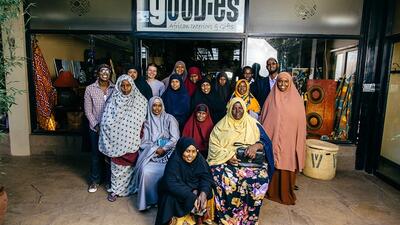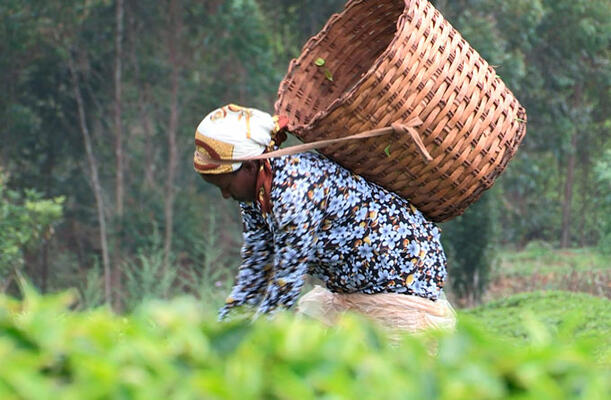
Adaptation aux changements climatiques : l’ITC autonomise les producteurs de thé au Kenya (en)
(Embed video) http://www.youtube.com/watch?v=JD2TUwuIbjE&feature=youtu.be
Sub-Saharan Africa is home to almost 900 million people, 60% of whom are dependent on agriculture for their livelihood. In Kenya, the tea sector employs more than 3 million people, and smallholders account for 62% of the total tea production in the country. Climate change is significantly impacting the tea sector with notable impacts already being felt among the smallholders in both the quantity and quality of tea available.
Farmers are also under pressure from buyers who have to demonstrate to retailers that the product is ‘climate friendly’. This means adapting their production processes to meet certain standards, such as measuring their carbon footprint. While these requirements can offer opportunities to reduce energy costs in the supply chain, they can at the same time present an unwelcome new burden for tea farmers because compliance is often costly and technically complex.
To tackle these challenges, the International Trade Centre (ITC) has created a public-private partnership with the Ethical Tea Partnership (ETP) and two standard-setting bodies, the Rainforest Alliance and FLO-CERT. The project trains farmers and tea-factory managers in both carbon standards compliance and adaptation to climate change. The Kenya Tea Development Agency (KTDA), which oversees tea production for more than 560,000 smallholder farmers in Kenya, is the national partner. This collaborative approach will help ensure full buy-in of the government and private sector as well as sustainability of impact once the project is finished.
Learn more about ITC’s work to help Kenyan tea farmers adapt to climate change: Brewing climate solutions in Kenya’s tea factories






